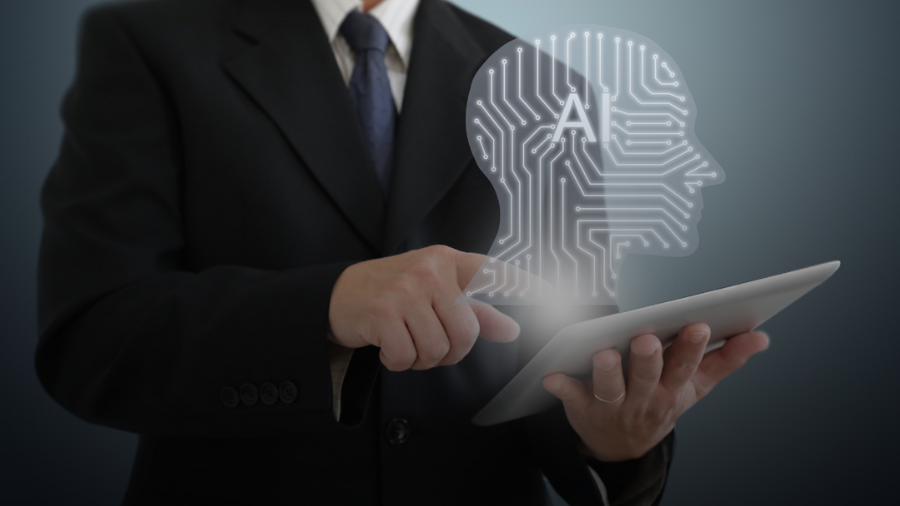August 11, 2025
5 min read
TheoSym Editorial Team
What are the Key Challenges in AI Development?
Artificial intelligence is often celebrated as the driving force behind the future of technology. AI is reshaping the world, revolutionizing industries, and simplifying everyday tasks. But behind the hype lies a complex reality: building AI systems is no walk in the park. Developers face mountains of messy data, struggle to interpret decisions made by opaque models, and wrestle with ethical dilemmas. The road to developing reliable, scalable AI is full of twists and turns. These challenges don’t just slow progress; they can derail entire projects if left unaddressed. Let’s explore the key challenges in AI development, covering technical hurdles, human-centered dilemmas, and regulatory headaches that developers face — and how they’re finding ways to move forward.Technical and Data-Driven Challenges in AI Development
Behind every breakthrough, developers wrestle with technical hurdles and data challenges. They deal with the messy, unpredictable realities of data, computing power, and system limitations.1. Data-related challenges
AI runs on data — the more relevant and accurate, the better. But much of the data available is incomplete, irrelevant, or biased. These issues complicate model training and can lead to unreliable outputs. Organizations need to focus on data hygiene: collecting diverse datasets, removing outliers, and filling in missing pieces. Think of it as prepping raw ingredients before cooking. A little effort upfront ensures better results later.2. Lack of transparency
Many advanced AI models, especially deep neural networks, operate as “black boxes” — even their creators struggle to explain how decisions are made. This lack of transparency can be a dealbreaker, especially in industries like healthcare or finance where decisions must be auditable. The solution lies in explainable AI (XAI). By making models more interpretable, developers can increase trust, meet regulations, and build systems that are easier to improve over time.3. Computing power and energy consumption
Training state-of-the-art AI models requires massive computing power — and it’s expensive. Beyond financial costs, the environmental impact is a growing concern. The AI community is addressing this by optimizing algorithms for energy efficiency, adopting “green AI” practices, and leveraging renewable energy sources to cut costs and reduce carbon footprints.
Ethical, Human, and Regulatory AI Development Challenges
AI’s impact goes far beyond technical aspects. Ethical, human, and legal challenges are some of the thorniest issues developers face. These influence how AI is trusted, adopted, and regulated.1. Ethical concerns and bias
AI systems reflect the data they’re trained on — and human bias often creeps in. This can lead to unfair outcomes in hiring, law enforcement, and other critical areas. To combat this, organizations must audit data for bias, use diverse training sets, and implement fairness-aware machine learning techniques. Ethical AI requires deliberate effort.2. Talent shortage
The AI field is growing faster than the pool of skilled professionals can keep up. This talent gap slows innovation and hinders effective AI adoption. Companies can address this by investing in training and upskilling programs, offering internships, and collaborating with universities. Building a culture of continuous learning helps bridge the gap.3. Regulatory and legal challenges
Navigating global AI regulations is complex. From the EU’s AI Act to data protection laws, staying compliant is an ongoing challenge. Businesses need dedicated teams to monitor and adapt to new regulations. Working with legal experts and embedding compliance into AI development processes can prevent costly missteps.
Final Thoughts
AI development combines groundbreaking potential with real-world hurdles. From cleaning messy datasets to ensuring ethical transparency, the challenges are diverse and complex. These obstacles aren’t insurmountable. With smarter data practices, deliberate bias mitigation, and proactive regulatory approaches, the AI industry can build systems that are powerful, fair, and trustworthy. The path to meaningful AI is not just about solving technical puzzles but ensuring solutions work for people, businesses, and society. By addressing these challenges head-on, organizations can move closer to unlocking AI’s full potential responsibly and sustainably. For tailored AI solutions, contact us at TheoSym.Originally published at https://theosym.com/what-are-the-key-challenges-in-ai-development/ on January 22, 2025.
